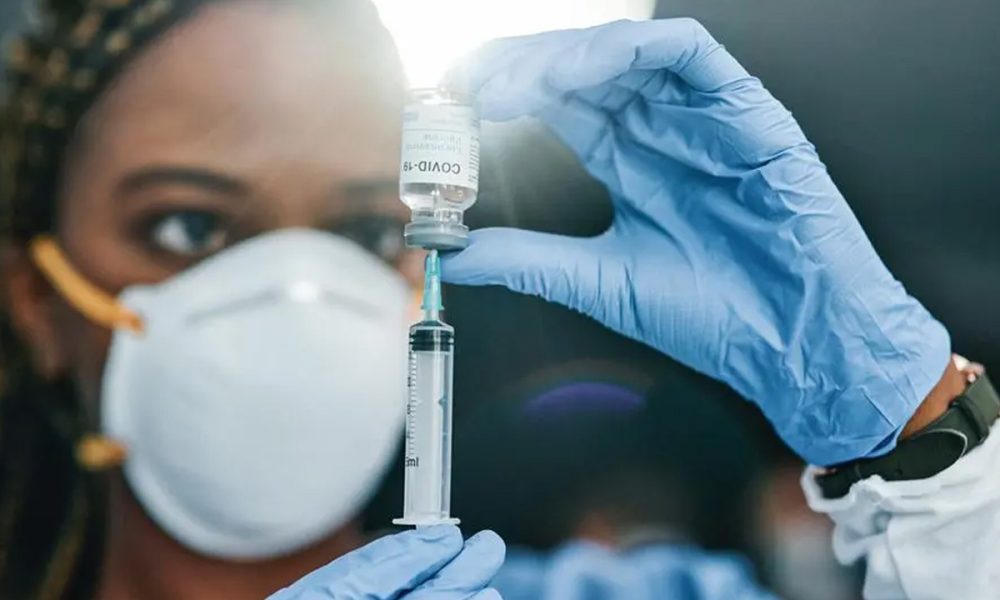Call /WhatsApp: +255 788 738494

Before traveling to Tanzania, make an appointment with your GP or a travel clinic at least 4 to 8 weeks in advance. Doing this early gives enough time for vaccinations to take effect and for your body to recover from any potential side effects
While no vaccinations are officially required to climb Kilimanjaro itself, Yellow Fever vaccination is mandatory if you are arriving from a country classified as a Yellow Fever risk zone.
Important: Even if you don’t leave the airport, a long layover could require proof of vaccination.
You must receive the vaccine at least 10 days before traveling to Tanzania. This gives your body time to build immunity and recover from side effects. If you’re flying directly from Europe or the U.S., you do not need this certificate.
Angola, Kenya, Ghana, Uganda, Ethiopia, Nigeria, Rwanda, Sudan, and many others in West, Central, and East Africa.
While not mandatory, several vaccines are strongly recommended when traveling in Tanzania. Always consult your healthcare provider about your personal health risks.
Make sure you’re up to date on routine immunizations, including:
Typhoid can spread through unhygienic food and water. You’re at higher risk if you eat street food, raw vegetables, or stay in rural areas.
Cuts or scrapes can cause tetanus infection, especially in outdoor environments. Ensure your tetanus shot is updated every 10 years.
Although the risk is low for most climbers, rabies is spread through animal bites, especially from stray dogs. Consider this vaccine if you’re spending time in rural areas before or after your climb.
If you’re visiting areas with poor sanitation or active outbreaks, a cholera vaccine may be advised. Speak with your doctor about current risks.
Malaria is a serious concern in Tanzania, but the risk on Kilimanjaro is low due to the high altitude. However, you’ll likely stay in Moshi or Arusha, where malaria is more common.
Note: The anti-malarial Larium is not recommended as it can cause side effects similar to altitude sickness.
Travelers often experience intestinal issues in East Africa. These are usually caused by poor food hygiene or unsafe drinking water.
Before your trip, we ask all climbers to complete a medical questionnaire and recommend a full check-up with your doctor.
Although climbing Kilimanjaro is safe for most healthy travelers, staying updated with the right vaccinations and medications is essential. Not only does this protect your health, but it also prevents disruptions to your journey.
If you’re unsure about anything, contact your travel health specialist early. That way, you’ll be fully prepared well before your flight.
Do you need help?
Send us details